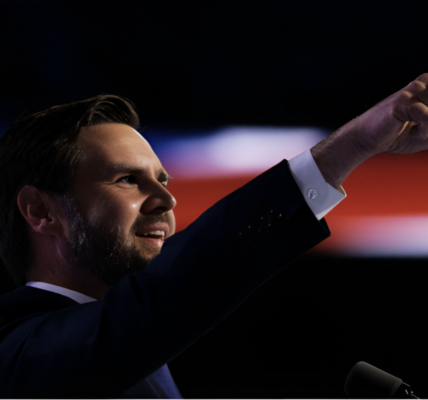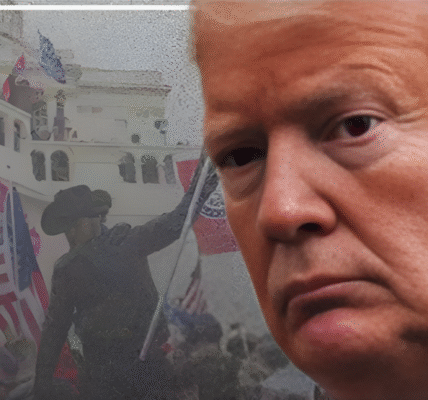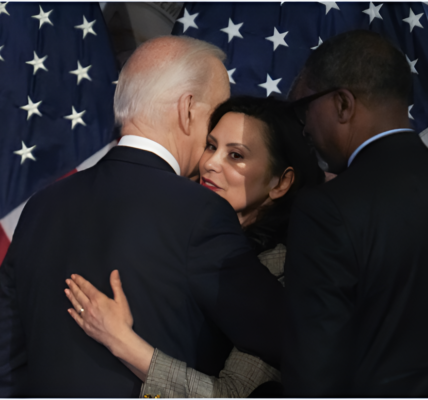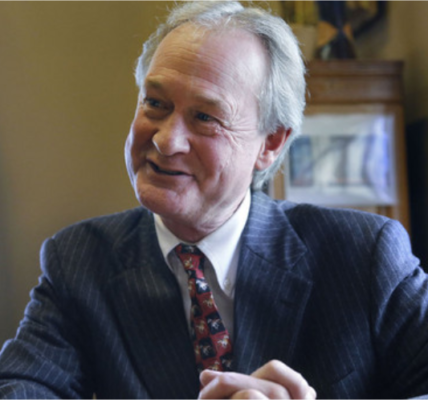
Mark Cuban, billionaire investor and media personality, has emerged as a vocal advocate for Vice President Kamala Harris, describing her as a leader who resonates with “grinders” — those who relentlessly pursue better opportunities for themselves and their families.
“The people who put their lives on the line to make a dream come true,” Cuban said, describing Harris’ appeal. He highlighted her connection to individuals driven by what entrepreneur Daymond John calls the “Power of Broke” — the innovation born from necessity.
This alignment has positioned Cuban as a high-profile surrogate for Harris, adding both business acumen and star power to her campaign’s push for an “Opportunity Economy.” Cuban’s role goes beyond social media or television appearances; he’s actively engaging with voters, hosting economic town halls in pivotal states like Nevada. He claims to have converted skeptics to Harris’ side during these events.
Cuban’s alliance with Harris is striking. The Democratic Party has increasingly distanced itself from billionaire endorsements, with progressives framing wealth concentration as a failure of policy. Yet, with President Joe Biden’s economic approval ratings lagging, Harris’ campaign appears willing to embrace a credible voice from the business world.
“Business leaders like Cuban are uniquely positioned to connect with voters on economic matters,” one campaign strategist noted.
Indeed, Cuban’s perspective carries weight. His accessible explanations of Harris’ policies, such as her proposal to tax corporate stock buybacks, underscore his effectiveness. Speaking on CNBC, Cuban described the logic behind the policy:
“If a company has opportunities to invest in research, development, or hiring, they do it. When they don’t, they buy back shares. Taxing buybacks could generate revenue to reduce the deficit.”
Cuban’s involvement highlights Harris’ willingness to engage with business leaders, but it also underscores her potential pivot toward centrist policies. Critics on the left worry that Cuban represents the kind of corporate-friendly approach that diverges from Biden’s more progressive agenda.
Cuban’s influence on the campaign isn’t without friction. He has publicly criticized some of Harris’ stances, including her support for Federal Trade Commission Chair Lina Khan and proposals to tax unrealized wealth. Yet, he remains deeply invested in her success.
“Harris isn’t the best salesperson,” Cuban said in an interview last week, suggesting his role is to help bridge that gap.
Should Harris win, Cuban’s role in her administration remains speculative. He’s floated the idea of running the Securities and Exchange Commission — an agency that once pursued him for insider trading allegations, which he successfully fought. Alternatively, he may continue to wield influence from the sidelines, a position he’s already familiar with as a high-profile entrepreneur and owner of the Dallas Mavericks.
Cuban’s prominence in Harris’ campaign reflects the growing influence of billionaires in American politics. Figures like Elon Musk, Jeff Bezos, and Donald Trump dominate public discourse, and Cuban’s involvement suggests this trend isn’t waning.
“Washington is increasingly becoming a sandbox for billionaires,” said a progressive political operative. “This cycle it’s Cuban and Musk. Who knows who’ll step in next?”
Cuban’s presence also serves as a counterbalance to Donald Trump, whose own billionaire status and business persona have defined much of his political appeal. Campaign insiders believe Cuban’s celebrity and brash confidence make him uniquely suited to challenge Trump on economic and cultural issues.
In a recent email exchange, Cuban played up the rivalry, joking, “He still doesn’t realize my [clubhead] speed is better than his, and I can outdrive him.”
For Harris, Cuban’s support represents both an opportunity and a challenge. His involvement energizes key demographics, particularly young male voters, while offering a sharp contrast to Trump’s business-first narrative. Whether Cuban’s star power translates into electoral success remains to be seen, but his presence is reshaping the dynamics of Harris’ campaign.





